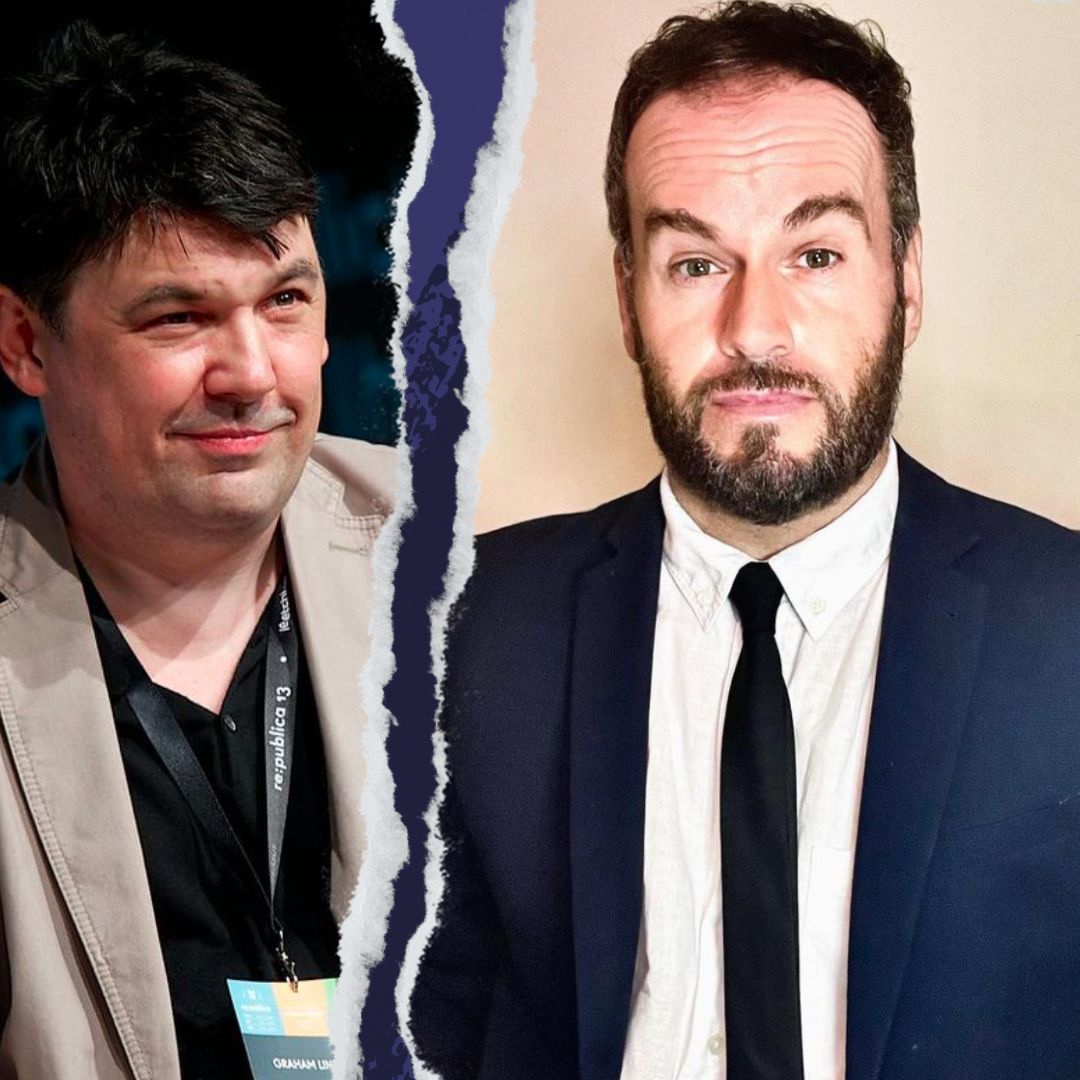BLM’s critics will not be silenced
An employment tribunal has ruled that opposition to critical race theory is protected under the law.

Want to read spiked ad-free? Become a spiked supporter.
You probably haven’t heard of Sean Corby, but he has just won a huge victory for free speech. Earlier this year, Corby took his employer, workplace-conciliation service Acas, to an employment tribunal after bosses ordered him to remove his social-media posts criticising Black Lives Matter (BLM). Last week, the tribunal ruled in his favour, confirming that holding a view that opposes critical race theory (CRT) is a protected ‘philosophical belief’ under the Equality Act.
The verdict is undoubtedly good news. But the events that led to Corby having to defend his freedom of speech are still troubling.
His problems started in August 2021. He posted comments opposing the divisive ideology of BLM and CRT on Yammar, an internal workplace-communications platform. In particular, he argued that a better way to address racial problems was articulated by the late Martin Luther King, who famously called on us to judge people according to the content of their character rather than the colour of their skin.
Some of Corby’s colleagues took issue with his advocacy of a universalist, colourblind approach to race. Of course, people don’t have to agree with the views of those they work with. We can disagree with others while accepting their right to hold and express those views. But it seems Corby’s colleagues were incapable of such tolerance. They complained that his comments demonstrated ‘a deep-rooted hatred towards black and minority-ethnic people who challenge racism’. As a result, they said, they would not feel ‘safe’ when having any personal contact with him.
At this point, you would have hoped that Acas would have told these people, politely, that what they were saying was ridiculous – that Corby’s criticisms of BLM constituted neither personal hatred nor a threat to their safety. But that’s not what the bosses did. While they dismissed the complaints, they also instructed Corby to take the posts down, because they had caused offence.
Corby could have complied and agreed to keep his head down from then on. This is what many people do in situations similar to his, and they do so for understandable reasons. But not Corby. He recognised that, in asking him to take down his posts, his employers were abandoning any pretence of impartiality. They were coming down on one side of the BLM debate. They were effectively instructing him to publicly recant his deeply held views, which he expressed in a cordial manner. He refused to comply and took his case to the tribunal with the support of the Free Speech Union.
No doubt, this is a big win. But there are caveats. Individuals shouldn’t have to rely on the Equality Act to protect their freedom of speech. There is a danger that, in doing so, we legitimise the act as a tool for deciding which speech is and isn’t acceptable, which speech does and does not qualify as a protected ‘philosophical belief’. It’s worth noting that, thanks to Grainger plc and others v Nicholson in 2009, in which a British executive successfully claimed he was unfairly dismissed due to his belief in climate change, there is now a very high bar on what constitutes a ‘philosophical belief’ worthy of legal protection. But while Corby may have reached it, others with dissenting opinions will not.
In Corby’s case, the tribunal decided that his beliefs were the result of ‘careful consideration and much thought’. But if we’re serious about free speech we should defend people’s right to air views that do not meet this threshold, views that haven’t been carefully considered or thought through. Such views can be freely criticised, of course. But they should not be silenced because they don’t meet the standards of the Equality Act.
Still, any ruling that empowers people to speak more freely and confidently, without fear of punishment, is to be welcomed. Sean Corby has struck a crucial blow to the divisive racialism of CRT and BLM. Thanks to him, those of us advocating a truly progressive, colourblind approach to race are now that little bit more free to express ourselves.
Alka Sehgal Cuthbert is director of campaign group Don’t Divide Us.

Graham Linehan and Brendan O’Neill – live and in conversation
Tuesday 17 October – 7pm to 8pm BST
This is a free event, exclusively for spiked supporters.
Picture by: Lorne Campbell/Guzelian.
Who funds spiked? You do
We are funded by you. And in this era of cancel culture and advertiser boycotts, we rely on your donations more than ever. Seventy per cent of our revenue comes from our readers’ donations – the vast majority giving just £5 per month. If you make a regular donation – of £5 a month or £50 a year – you can become a and enjoy:
–Ad-free reading
–Exclusive events
–Access to our comments section
It’s the best way to keep spiked going – and growing. Thank you!







Comments
Want to join the conversation?
Only spiked supporters and patrons, who donate regularly to us, can comment on our articles.